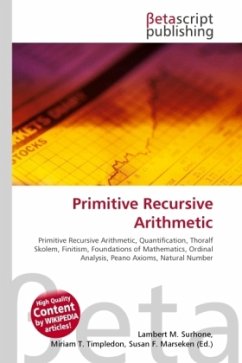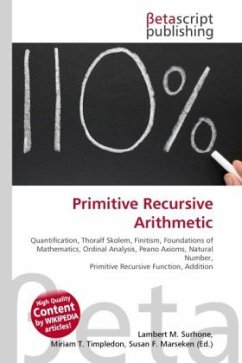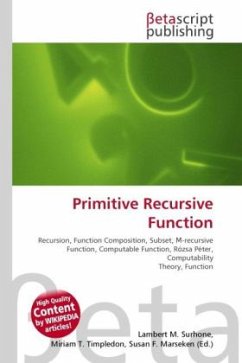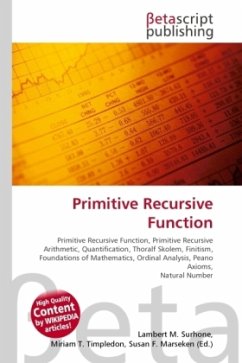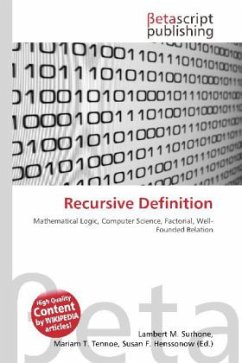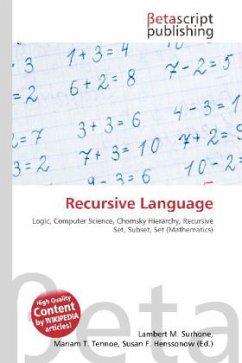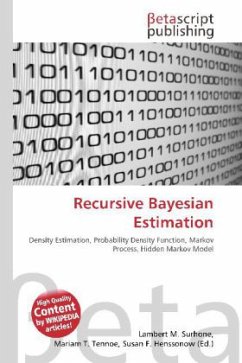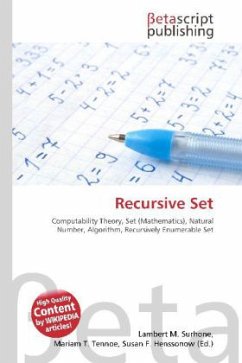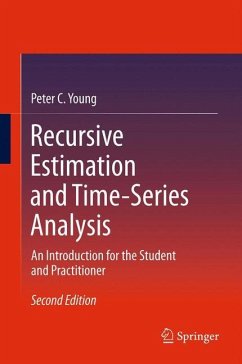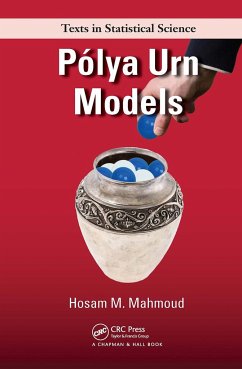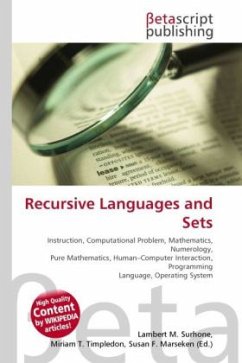
Recursive Languages and Sets
Versandkostenfrei!
Versandfertig in 6-10 Tagen
32,99 €
inkl. MwSt.

PAYBACK Punkte
16 °P sammeln!
High Quality Content by WIKIPEDIA articles! In computability theory, a set is decidable, computable, or recursive if there is an algorithm that terminates after a finite amount of time and correctly decides whether or not a given object belongs to the set. Decidability of a set is of particular interest when the set is viewed as a decision problem; a decidable set is also a decidable problem, computable problem, and recursive problem. The remainder of this article uses the term decidable, although recursive and computable are equivalent in this context. A language is a set of finite strings ov...
High Quality Content by WIKIPEDIA articles! In computability theory, a set is decidable, computable, or recursive if there is an algorithm that terminates after a finite amount of time and correctly decides whether or not a given object belongs to the set. Decidability of a set is of particular interest when the set is viewed as a decision problem; a decidable set is also a decidable problem, computable problem, and recursive problem. The remainder of this article uses the term decidable, although recursive and computable are equivalent in this context. A language is a set of finite strings over a particular alphabet. A language is decidable (also computable, recursive) if it is a decidable set. A set, language, or decision problem that is not decidable is undecidable, non-recursive, non-computable, or uncomputable. There are many known undecidable sets; one of the earliest, and most famous, examples is the halting problem.



